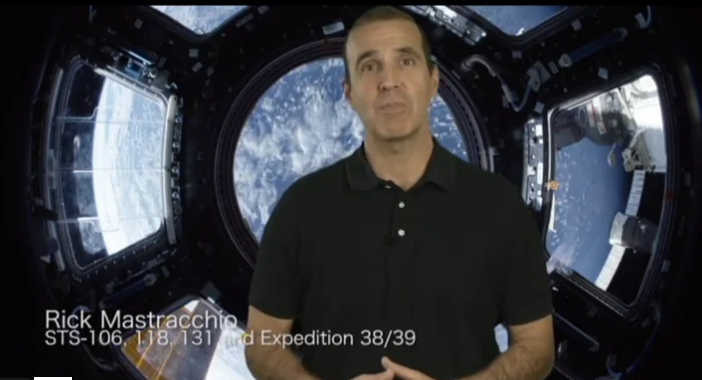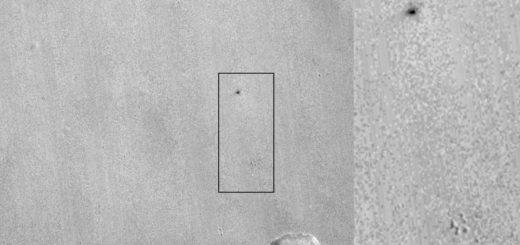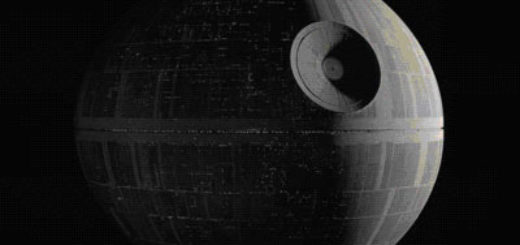Getting Rid of the Right Stuff: The NASA Space Poop Challenge

So here’s what we know about everybody. They hurt. They dance. And they poop. From the queen of England to the queen’s corgis, everybody on Earth has gotta go.
And everyone not on Earth, too.
The world has long been interested in the bathroom habits of astronauts — heck, HowStuffWorks has devoted whole articles and podcasts to it! — but the truth is that it hasn’t always been terribly exotic. Astronauts on the first Apollo missions literally had bags taped to their bums to catch the crud. Alan Shepard had to sit in a soggy suit before taking off to become the first American in space.
As NASA considers missions far away from Earth on places like Mars, for instance, the space agency now needs some ideas about how astronauts can contain their waste in a spacesuit. They’re asking the public to help troubleshoot the issue, and dangling a $30,000 prize for an elegant solution.
The International Space Station (ISS) has a vacuum-suction system that allows for a clean and easy disposal. And if the ISS were to lose pressure and astronauts were confined to their suits? Well, the ISS is only a few hours away from Earth. Not long enough to cause huge harm if left to wallow in their filth. (And while they are in their suits? Diapers. Not exactly sustainable or healthy for more than a few hours.)
Some things to keep in mind before you get busy designing: NASA needs a solution that allows fecal, urine and menstrual waste to be routed away from the body, and can hold up to six days of waste. Here’s a fun fact: NASA has estimated that astronauts would need to excrete 75 grams (2.6 ounces) of fecal matter per day, but the folks at Britannica say that the average human drops off between 100 and 250 grams (3.5 and 8.8 ounces) of fecal matter daily. What’s up with discrepancy? Maybe the space diet produces less feces?
Also, the proposed solution has to work in microgravity. And, of course, there’s not a lot of space (har) to work with: Astronaut suits have a lot of important functions within them, and there’s not loads of room for bulky equipment.
Got an idea? Get working. The contest opened on Oct. 11, and all submissions are due by Dec. 20.



 Creators of mankind
Creators of mankind Description of “Tall white aliens”
Description of “Tall white aliens” Where they came from?
Where they came from? About hostile civilizations
About hostile civilizations The war for the Earth
The war for the Earth “Tall white aliens” about eternal life
“Tall white aliens” about eternal life Video: “Nordic aliens”
Video: “Nordic aliens” Aliens
Aliens Alien encounters
Alien encounters The aliens base
The aliens base UFO
UFO Technology UFO
Technology UFO Underground civilization
Underground civilization Ancient alien artifacts
Ancient alien artifacts Military and UFO
Military and UFO Mysteries and hypotheses
Mysteries and hypotheses Scientific facts
Scientific facts


















